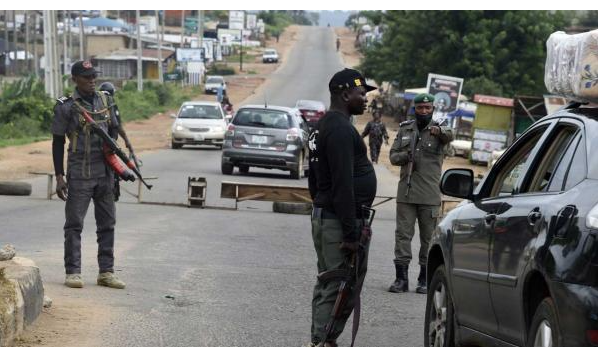WARRI, DELTA STATE – The Federal High Court sitting in Warri on Friday ordered the Nigeria Police Force and the Inspector-General of Police (IGP) to suspend the enforcement of tinted glass permits for vehicle owners.
The interim order, delivered as hearing began in Suit No. FHC/WR/CS/103/2025, followed a suit filed by a legal practitioner, John Aikpokpo-Martins, who is challenging the legality of the new tinted glass enforcement policy.
In its ruling, the court directed the police to “maintain the status quo and respect judicial processes pending further proceedings in the matter.”
Speaking to journalists after the ruling, Senior Advocate of Nigeria, Kunle Edun, who led the petitioner’s legal team, described the directive as “a major step in ensuring that the rule of law is upheld while the substantive issues in the case are being determined.”
Background of the Case
The dispute comes after the Nigeria Police Force announced in April that it had resumed the issuance of tinted glass permits nationwide through the Police Specialised Services Automation Project (POSSAP). The scheme, which was suspended in 2022, was revived under IGP Kayode Egbetokun, who initially gave motorists until August 12, 2025, to obtain the permit before extending the deadline to October 2.
While the police defended the policy as legal under the Motor Vehicles (Prohibition of Tinted Glass) Act of 1991 and necessary for national security, many motorists and rights groups criticised it. They argued that the enforcement encourages harassment, extortion at checkpoints, and unfairly punishes drivers with factory-fitted tinted windows.
Police Moves in Delta
Just last week, the Delta State Police Command announced that it would begin full enforcement of tinted glass regulations from Thursday, October 2, 2025. In a statement, the Command assured residents that the operation would be carried out “with professionalism, respect for constitutional rights, and zero tolerance for abuse.”
The Command also restated its ban on unauthorised use of sirens, strobe lights, and the covering or obstruction of number plates. Motorists were further urged to carry their essential documents—such as driver’s licence, insurance papers, and proof of ownership—while cooperating with officers during routine checks.
What Next?
With Friday’s ruling, however, the police are expected to put the enforcement on hold until the court concludes hearing on the matter. The case continues in Warri, where the court will decide whether the policy is legal or unconstitutional.



